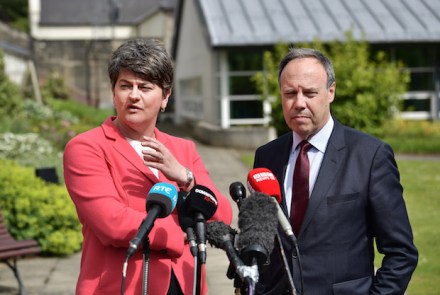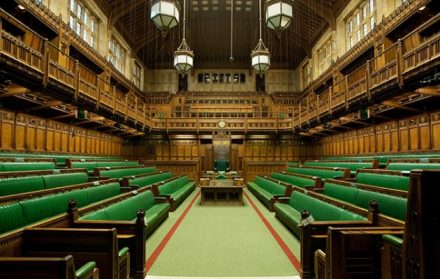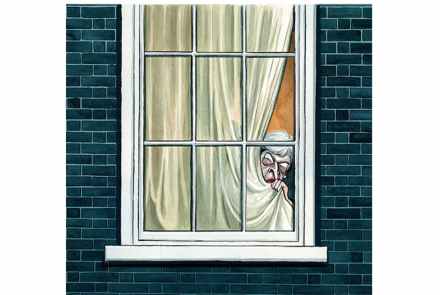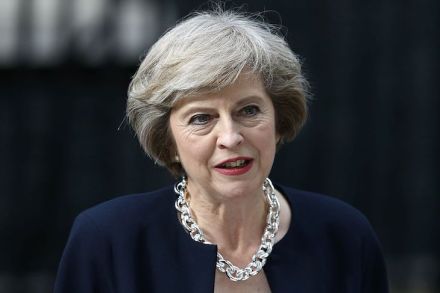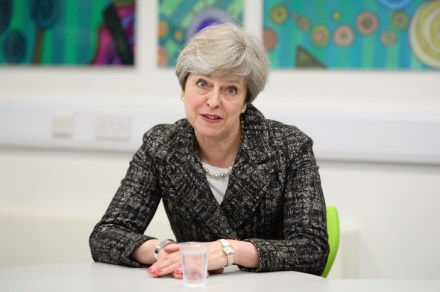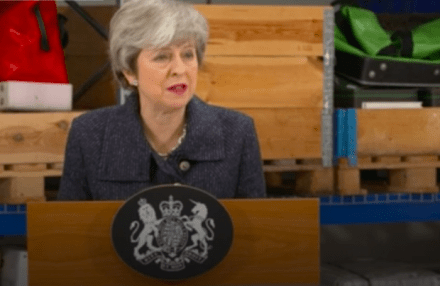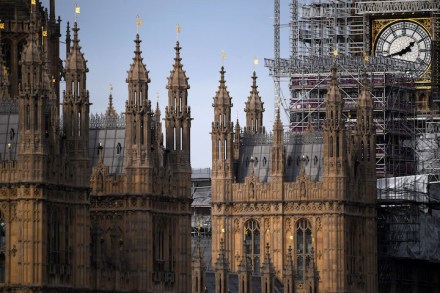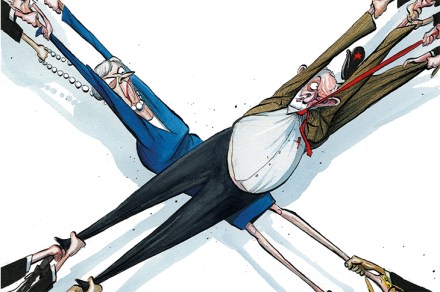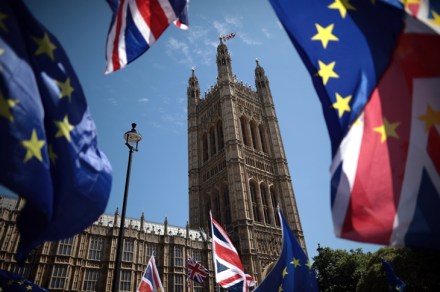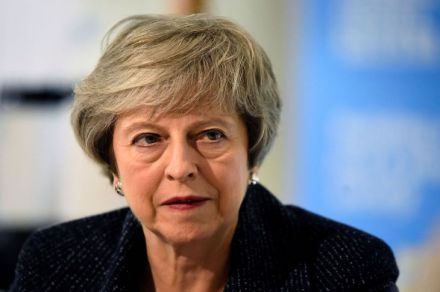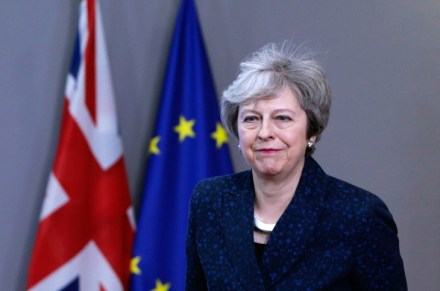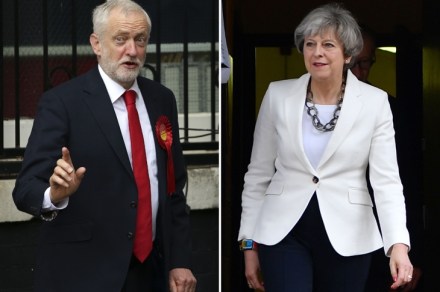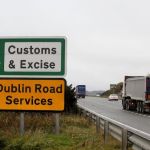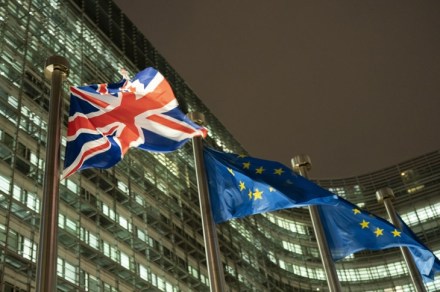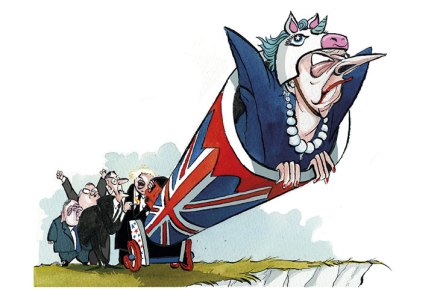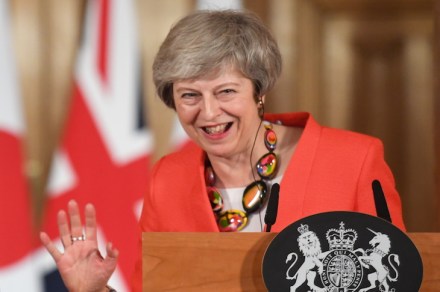Better than 50:50 chance that the government can get the DUP on board for meaningful vote 3
This weekend all eyes are on the DUP. As I say in The Sun this morning, if the government can satisfy them, then Theresa May has a chance of winning the vote on Tuesday because of the domino effect that them coming across will set off. But if the DUP won’t come over, there’s no point holding a third meaningful vote. The DUP spent yesterday in intensive talks with senior government figures. I understand that these talks were broadly positive. One Cabinet Minister close to the process tells me that the chances of the DUP backing the deal are ‘a bit better than 50:50. I’d put it at 60:40.’ What
